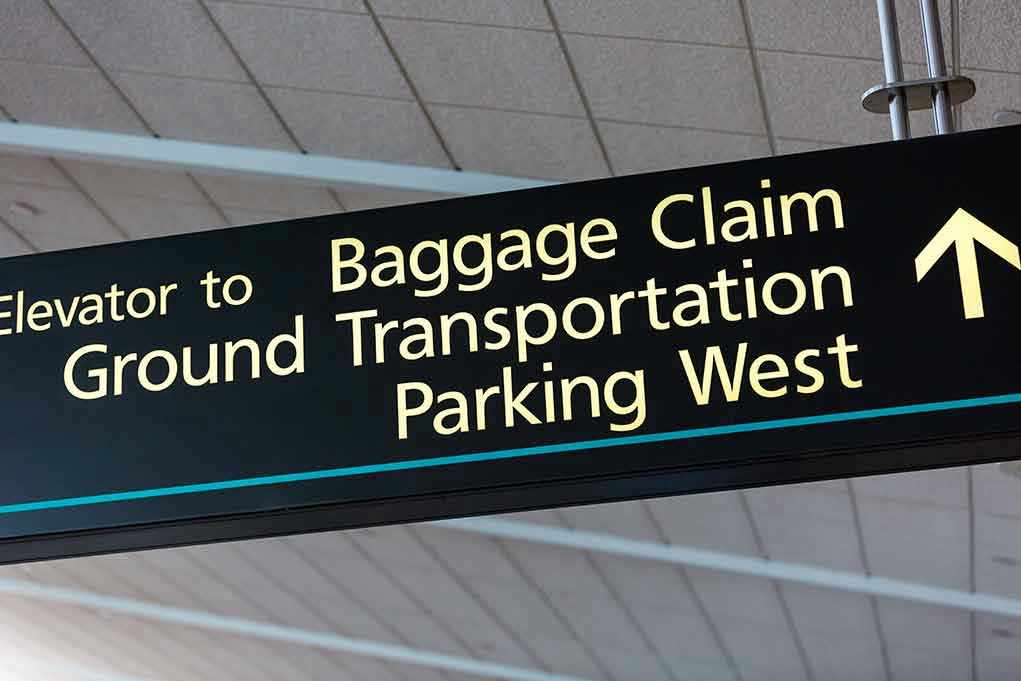
Munich Airport’s unprecedented double closure within 24 hours reveals just how vulnerable Western aviation infrastructure has become to simple drone threats during wartime.
Story Snapshot
- Munich Airport closed twice in under 24 hours due to alarming drone sightings
- Airport operations resumed Saturday morning after security assessments
- Incidents highlight growing concerns about drone threats to critical infrastructure
- Security experts worry about expanding vulnerabilities as Ukraine conflict continues
Unprecedented Security Breach Shuts Down Major Hub
Munich Airport experienced an extraordinary security crisis Saturday, forcing officials to halt all operations for the second time in less than a day. The repeated closures stemmed from drone sightings that authorities deemed serious enough to ground one of Europe’s busiest aviation hubs. Airport security teams worked through the night to assess threats and implement enhanced surveillance measures before reopening Saturday morning.
Growing Pattern of Infrastructure Vulnerability
The Munich incidents represent more than isolated security breaches. European airports have faced increasing drone-related disruptions since Russia’s invasion of Ukraine began reshaping continental security priorities. These small, inexpensive devices can paralyze operations worth millions of dollars while exposing critical gaps in traditional air defense systems designed for conventional aircraft rather than miniature threats.
Economic Impact Beyond Flight Delays
Each closure cascades through Germany’s economic nervous system. Munich Airport handles over 40 million passengers annually, making it a crucial link between European business centers and global markets. The repeated shutdowns forced hundreds of flight cancellations, stranded thousands of travelers, and disrupted cargo operations that keep supply chains functioning across Central Europe.
Airlines scrambled to reroute aircraft to Frankfurt, Vienna, and other regional hubs already operating near capacity. Hotels filled with displaced passengers while ground transportation networks strained under unexpected demand. The ripple effects extended far beyond Bavaria’s borders as connecting flights throughout Europe faced delays.
Security Protocols Under Scrutiny
Aviation experts question whether current anti-drone measures adequately protect critical infrastructure. Most airports rely on radar systems optimized for large aircraft, leaving dangerous blind spots for small drones operating at low altitudes. Detection technology exists but remains expensive and often produces false alarms that complicate threat assessment.
Munich Airport to resume flight operations after drones in airspace caused delays https://t.co/VyEqWORVgV https://t.co/VyEqWORVgV
— Reuters (@Reuters) October 4, 2025
German authorities declined to specify whether the drones appeared to conduct reconnaissance, test security responses, or simply represented unauthorized civilian activity. This ambiguity reflects broader challenges facing security professionals who must distinguish between hobbyist violations and potential terrorist preparation without overreacting to every sighting.
Broader Implications for European Security
The Munich closures arrive amid escalating concerns about infrastructure vulnerability across NATO territories. Critical facilities from power plants to government buildings face similar exposure to drone threats that traditional security measures struggle to counter effectively. Small drones cost hundreds of dollars while the defensive systems needed to stop them often cost millions.
Intelligence agencies monitor whether hostile nations might exploit these vulnerabilities to test Western responses or gather information about security protocols. The timing of repeated incidents at a major German airport inevitably raises questions about coordination and intent, even when direct connections remain unproven.
Sources:
Munich airport resumes flights after suspected drones force second closure in 24 hours




